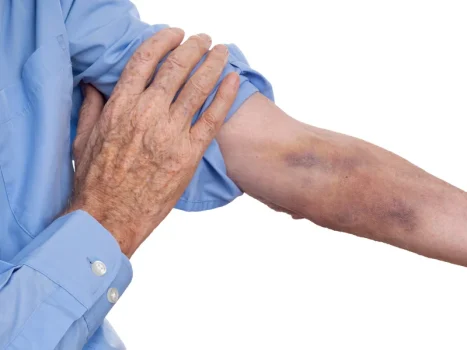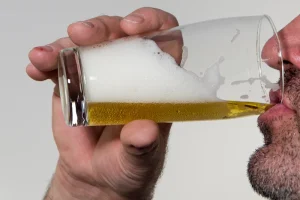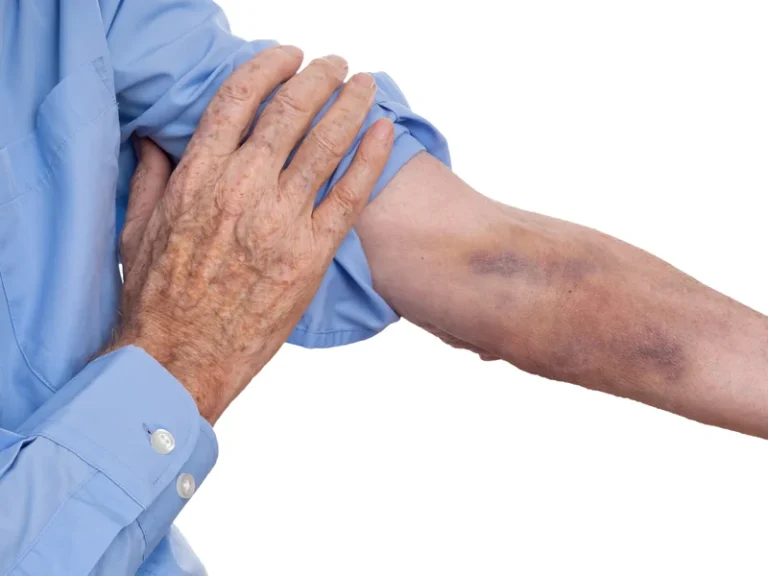
That’s why – for people who are alcohol dependent – it’s important to talk to a knowledgeable health professional before stopping drinking. This guide has lots of practical tips on how you can stop drinking and the benefits you can expect. You can also find out about the withdrawal symptoms you could experience if you move from drinking heavily to not drinking at all, and advice on where to get support. For other people, stopping drinking can be essential for medical reasons. Perhaps because of an alcohol-related medical condition like liver disease, or because they start taking medication that reacts badly with alcohol.
- For some people, it’s a lifestyle change – to say goodbye to hangovers, sleep better, lose excess weight and have more energy.
- One study found that attitude-related barriers were the most common obstacle that people face before entering treatment for an alcohol use disorder.
- The American Society of Clinical Oncology adds that limiting or quitting alcohol while you’re having cancer treatment may help you avoid complications.
- Talking with an addiction therapist or medical specialist can assist you in your goal to stop drinking.
- So far, there’s no consensus on the medical definition of recovery in alcohol treatment literature.
How to stop drinking – 6 tips to quit drinking alcohol

“Once you have a sense of how much you’re drinking, it’s helpful to track how many drinks you’re having per day,” says Witkiewitz. “You could use a calendar, journal or any number of tracking apps.” Drink Control Alcohol Tracker or Less are two examples of free tracking apps available on iOS devices. Maybe you’ve never been interested in logging your innermost thoughts, but journaling can be a great tool to track your feelings as you work on quitting alcohol. Build a sober social network – If your previous social life revolved around alcohol, you may need to make some new connections. It’s important to have sober friends who will support your recovery. Try taking a class, joining a church or a civic group, volunteering, or attending events in your community.
Alcohol support services

With less alcohol in your life, you’re likely to have clearer skin, better sleep, and you may see a boost in your overall mood. Some people also lose weight as they taper off their drinking. If you feel comfortable doing so, discuss your challenges with your primary healthcare professional. Finding a therapist can also be a great starting point if you’re uncomfortable opening up to your healthcare professional. Exploring, in writing, what you find difficult and when you most want to drink can help you notice patterns that offer more insight into your alcohol use. Comparing the emotions that come up when you have a drink with the feelings you experience when abstaining also helps you recognize when drinking doesn’t fix the problems you’re trying to manage.
Identifying triggers

Another essential element of your plan to quit drinking is to identify the barriers or obstacles that might make achieving your goals more difficult. After the last drink, a person may experience mild or more severe symptoms. Keeping a drinking diary can help make people aware of how much they consume and how it makes them feel. With a better awareness of their consumption and the effects alcohol may have, a person may be more willing to quit. For example, keeping the home alcohol-free may prevent people from drinking.
Avoid temptations
For example, research shows that people will see their stress levels, relationships, work performance, and self-confidence get better when they get sober. As alcohol is broken down and metabolized by your body, toxins get released. Some will eventually get broken down into less harmful compounds, but your body’s ability to process these substances is limited. Arming yourself with strategies and tips can help you or a loved one take small steps towards big results.
- Quitting alcohol won’t just protect your physical health—it can also improve your mental well-being.
- Once you get through that part of the process, you’ll start to feel better physically and mentally.
- Another clue that can be an indication of an unhealthy relationship with alcohol is if you make “rules” around drinking.
- Even after admitting you have a drinking problem, you may make excuses and drag your feet.
- This typically occurs after five or more drinks for men and four or more drinks for women.
If you don’t have a regular doctor, see a primary care provider or visit a free health clinic near you. The NIAAA also offers pointers about resources for low- and no-cost treatment and support options, like getting in touch with your state’s agency for substance abuse help. If you feel like your relationship with alcohol I drink every night am I an alcoholic needs an overhaul, you’ve got plenty of company. As you prepare your plan to quit drinking, make a list of the barriers that might be standing in your way and brainstorm ways to deal with these problems. Potential solutions might include looking for low-cost treatment options, joining a support group, and talking to a mental health professional. Research shows that some damage to your brain, liver, heart, and gut done by alcohol will slowly heal when you stop drinking.
Health Challenges
That’s why it’s common for people who use alcohol to be malnourished. When you stop drinking, your skin gets more elastic and the redness and discoloration on your face will slowly fade. John C. Umhau, MD, MPH, CPE is board-certified in addiction medicine and preventative medicine. For over 20 years Dr. Umhau was a senior clinical investigator at the National Institute on Alcohol Abuse and Alcoholism of the National Institutes of Health (NIH). If you are concerned that you or someone you care about has a problem with alcohol there is a lot of help available. Here you can find useful links and phone numbers to get the support you need.